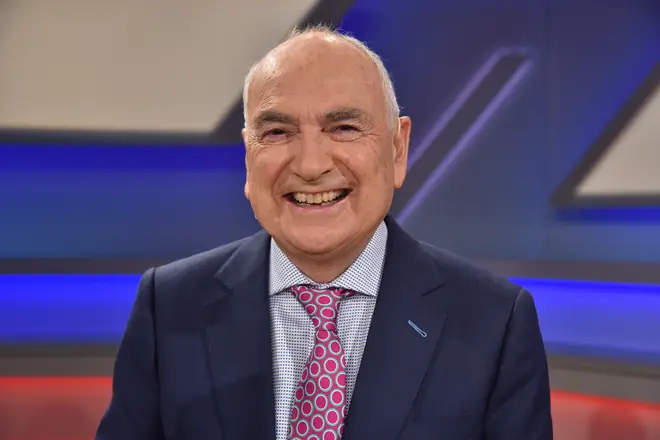
Ian Payne 4am - 7am
29 November 2020, 11:43 | Updated: 29 November 2020, 12:56

Professor Glees calls for tribunal to imprison former ISIS militants
A security expert has told LBC Brits who travel to the Middle East to support ISIS shouldn't be allowed to return under any circumstances.
It has been reported today that 24-year-old Aseel Muthana is pleading with the UK government to allow him return to his home in Cardiff, after having spent the last seven years as a recruiter for the terror group.
But Professor Anthony Glees, from the Centre for Security and Intelligence Studies at the University of Buckingham said he's "nothing to do with us" because "it is perfectly possible he acquired citizenship of the Islamic State."
Speaking to LBC's Andrew Castle, Prof Glees insisted the former terrorist is "not British anymore and he can bleat on about his human rights."
"The idea that the British Muslim community pay for them is entirely toxic," he added.
Professor Glees called for those in power to "set up a tribunal in Iraq or Syria, try them there where their crimes were committed and imprison them there.
"They should not come back to the United Kingdom."

Andrew noted that it is difficult for people to "have a scintilla of sympathy for him or his family," simply because of the atrocities he may have committed as an Islamic State militant.
"It is a shame he was not also killed because people like this are best killed, that's what battles are for," insisted Professor Glees, stopping Andrew in his tracks.
The security expert saw it a disgrace that heinous crimes are committed by these fighters, yet "on another hand they demand their human rights." He pointed out that standing trial for their crimes is part of these fighters' human rights.
"This man should not be allowed back into the United Kingdom."
Professor Glees added that if the UK does allow these people to return, we run the risk of radicalising more people, as the former militants will be canonised. "We can't have it," he insisted.